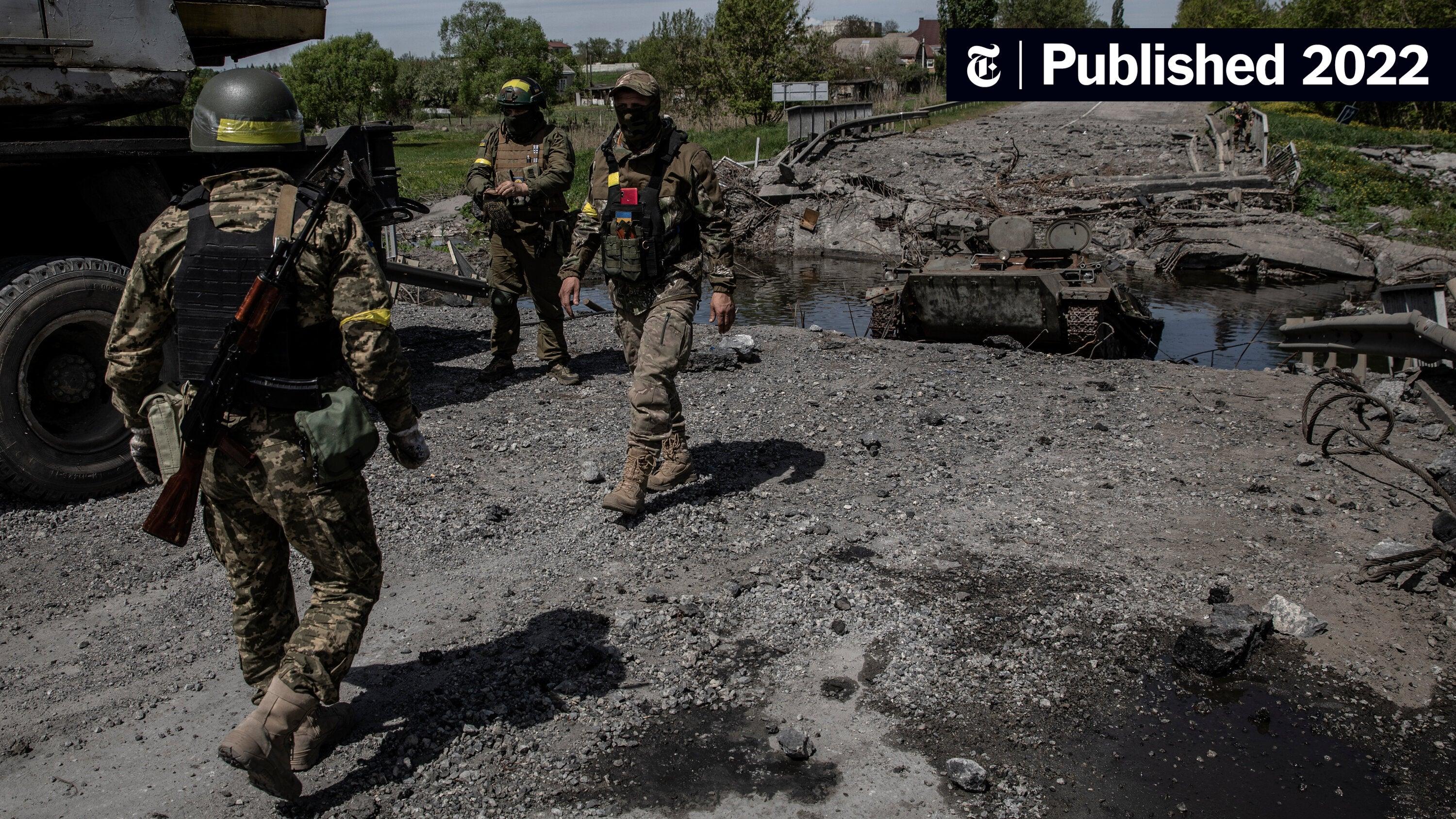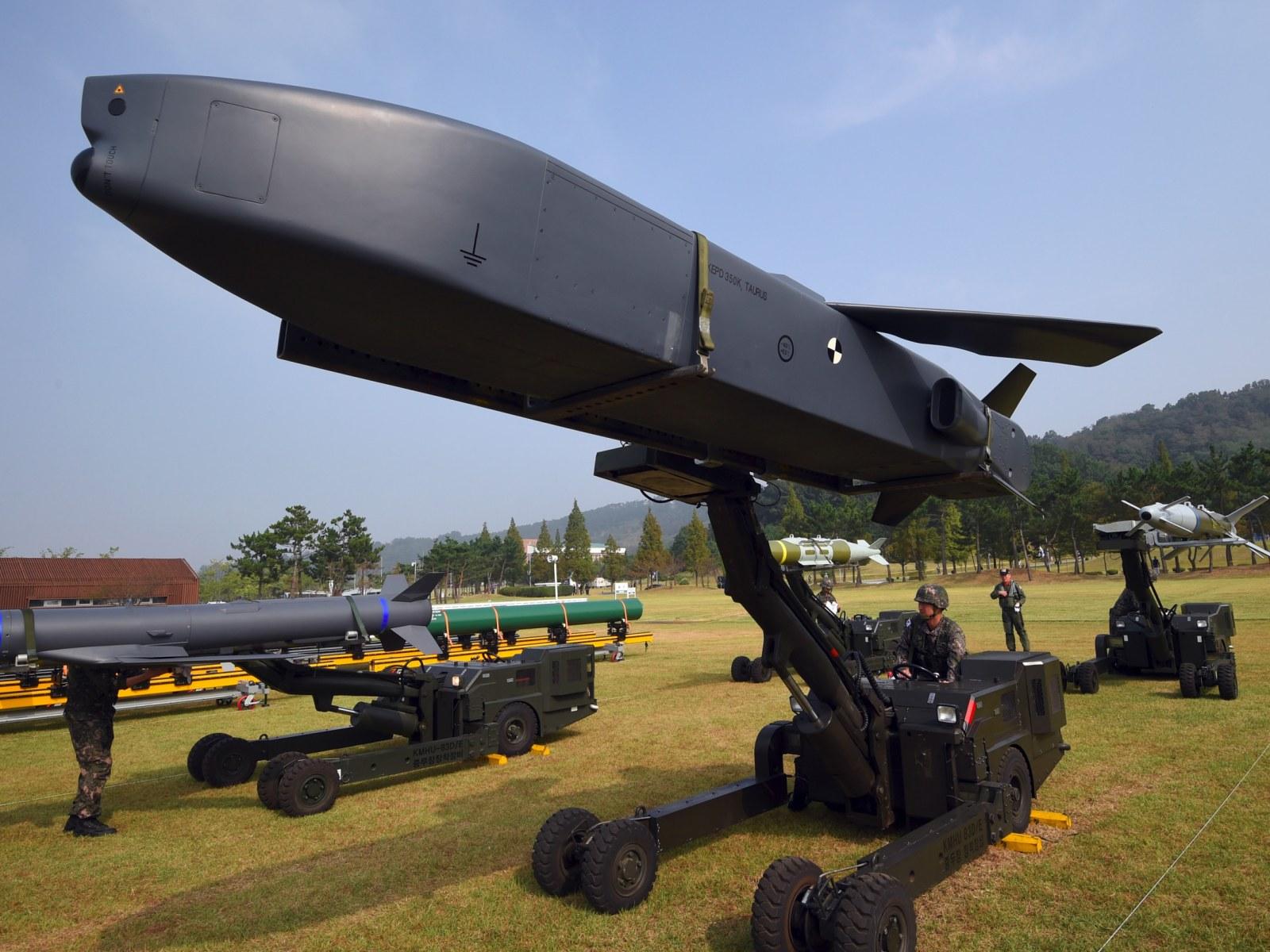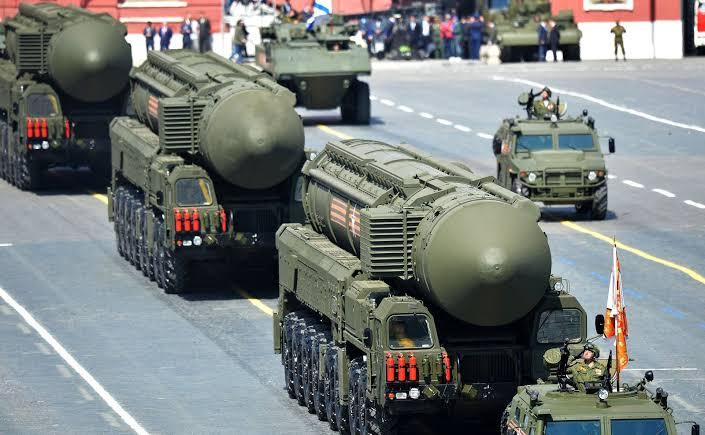Ukraine now can strike Russia with Western weapons; what is next? Wartime outcry
On June 3, the Ukrainian Defense Forces successfully hit a Russian S-300 missile system using Western-supplied weapons inside Russian territory, days after the Western partners allowed Ukraine to use their weapons on deep Russian territories. In recent weeks, Kyiv has also hit two Russian radar installations deep inside the country, again causing worry as the facilities are linked to Russia’s ballistic nuclear early warning network.
On June 1, US President Joe Biden announced that the US granted Ukraine permission to carry out limited strikes against Russian forces in and beyond the Ukrainian territories. Moreover, the U.K., Sweden, Finland, the Baltic countries, the Netherlands, Poland, the Czech Republic, Canada, and others have said they have no problem with Ukraine using its weapons to hit Russia.
While some criticized the Western coalition for their “late reaction” regarding weapons use, President Volodymyr Zelensky praised Joe Biden’s decision. Washington’s move marked a change in policy by Biden, who had previously refused to allow Ukraine to use American weaponry for strikes inside Russia. Blinken added that the US is responding to what it has seen in the Kharkiv region, which has come under renewed Russian attacks recently.

The light of Russian advancement toward Kharkiv and Ukraine's mounting losses in the frontline convinced many countries that Ukraine had the right to defend itself from Russia, especially from cross-border attacks on its second-largest city. On May 30, Russia claimed that it had pushed Ukrainian forces back by up to 9 km from the border in the Kharkiv region, adding that it now controlled hills near the village of Lyptsi.
Unsurprisingly, NATO’s decision regarding Western-supplied weapons provoked a reaction from Moscow as the Russian authorities emphasized that the US and several European countries had entered a new round of escalating tension and were doing this deliberately. Ukraine will be allowed to use certain types of weapons to strike Russian forces preparing to attack just over the border.
Simultaneously, Moscow sees each sign of discord in the Western coalition supporting Ukraine as a strategic opportunity, and the ongoing disagreements about using granted weapon systems for long-distance strikes inside Russian territory are perceived as particularly rich. In line with recent statements, the Russian authorities now frequently mention the vulnerability of small European countries in case of armed escalation with Moscow. As such, the Russian state media even proposed carrying out a demonstrative nuclear strike in NATO's close vicinity.

The bellicose rhetoric of the Kremlin is aimed at certain political agendas, namely to deter the West from deep engagement with Ukraine in terms of military aid. Although NATO maintains a firm stance regarding Ukraine, some of its members, like Slovakia, Hungary, and Germany, are not willing to antagonize Russia. For example, Germany still needs to give Ukraine its powerful Taurus missiles, whereas the UK has provided Storm Shadow missiles, and France has handed over its Scalp cruise missiles.
In addition to deterrence attempts, Russia’s attempted pressure against NATO aims at splitting Western solidarity over Ukraine to amplify the fracas of domestic debates regarding the "failures of the West." As for Ukraine, the country has already crossed many military and political Rubicons, including the expulsion of Russian troops from occupied areas and drone strikes on airfields, military bases, ports, and oil depots deep in Russia.

On the other hand, Washington is trying to balance supporting Ukraine while avoiding the perception that it is indirectly attacking Russia — a common allegation by the Kremlin. Consequently, the West is concerned over Russia's potential decision to use tactical nuclear weapons against Ukraine with further impact on European regional security.
Russia maintains the world’s largest nuclear arsenal and has explicitly warned Western powers that their intervention could trigger World War III. Such debates had also been a source of intense complaints from Kyiv, which has suffered recent battlefield setbacks against a resurgent Russian military. As a countermeasure, Russia may turn to China for military-technical support to strike Ukraine's deeper territories with long-range ballistic missiles and inflict grave damage on Kyiv. However, Russia now seems confident as Kyiv's recent strikes on its soil did not exert significant pressure on it.








